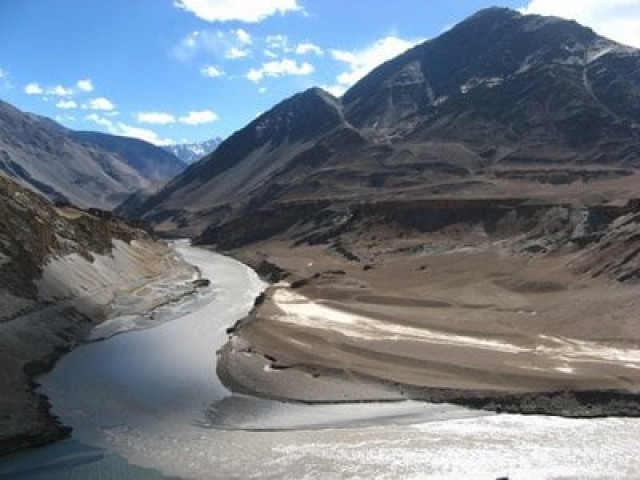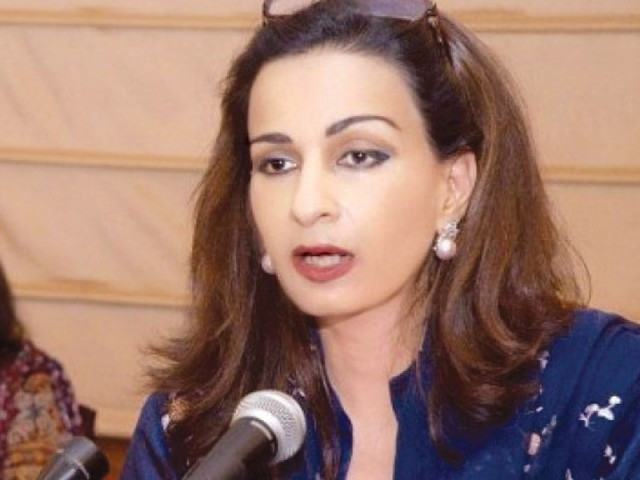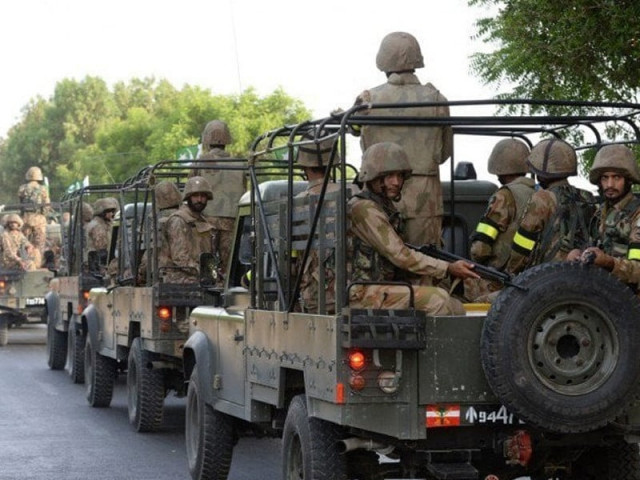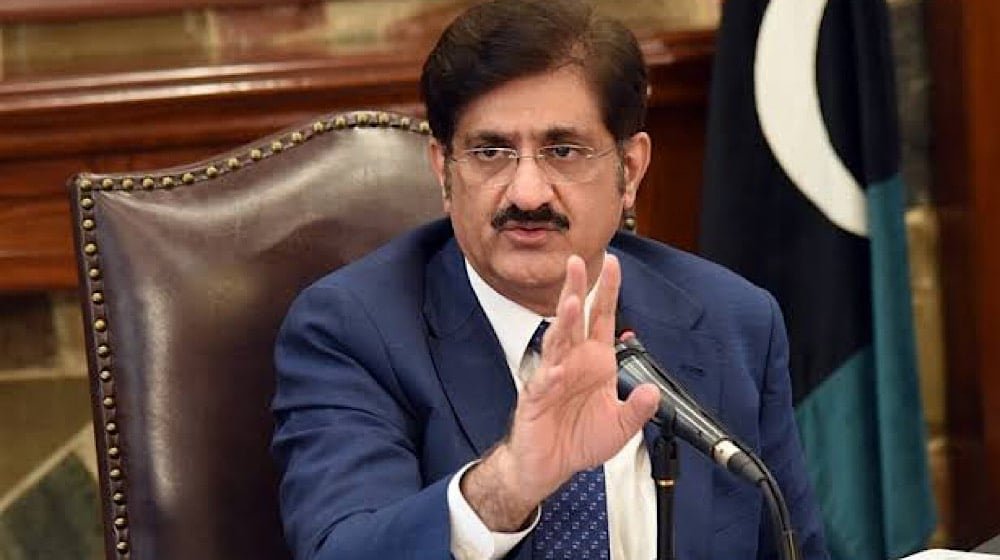Understanding the Indus Waters Treaty: Current Tensions Between India and Pakistan
The Indus Waters Treaty (IWT), signed in 1960, has long been a vital agreement between India and Pakistan, governing the distribution of water from six major rivers. Recently, tensions have escalated, particularly following a ruling from the Permanent Court of Arbitration (PCA) that has cast doubt on India’s approach to the treaty.
Recently, Pakistan’s Water Resources Minister Moeen Wattoo criticized India for its claims regarding the PCA’s legitimacy. He emphasized that India’s attempts to step back from the IWT were unfounded, especially after the PCA ruled in favor of Pakistan. This ruling stated that India must adhere to the specifications in the treaty when designing new hydropower projects on rivers allocated to Pakistan.
With water being a critical resource, this treaty not only governs water distribution but also affects the broader relationship between the two nations. Wattoo firmly stated that no party can unilaterally terminate the treaty. This sentiment echoes concerns that violating or disregarding the treaty could escalate into more significant conflict.
Interestingly, India has publicly rejected the PCA’s authority, arguing that it lacks jurisdiction over the IWT. This refusal to acknowledge international arbitration complicates the situation further, as it raises questions about the treaty’s future enforcement. The situation is further exacerbated by historical tensions and recent incidents, such as the attack in Kashmir, which India blamed on Pakistan and subsequently used as justification for suspending the treaty.
The PCA’s recent rulings reinforce that India cannot hold the IWT in abeyance, pushing both nations to reconsider their positions. While conflict over water resources may seem like a technical issue, it is deeply intertwined with political relations and national security, making it imperative for both countries to take a collaborative approach.
As the situation unfolds, it’s essential to stay informed about developments regarding the IWT and the responses from both governments. Open dialogue may be the key to resolving these tensions, highlighting the importance of international treaties in maintaining peace and stability in the region.
If you’re interested in learning more about global treaties and their implications, or if you have thoughts on this topic, feel free to connect with us at Pro21st. Your engagement enriches the conversation!
At Pro21st, we believe in sharing updates that matter.
Stay connected for more real conversations, fresh insights, and 21st-century perspectives.




